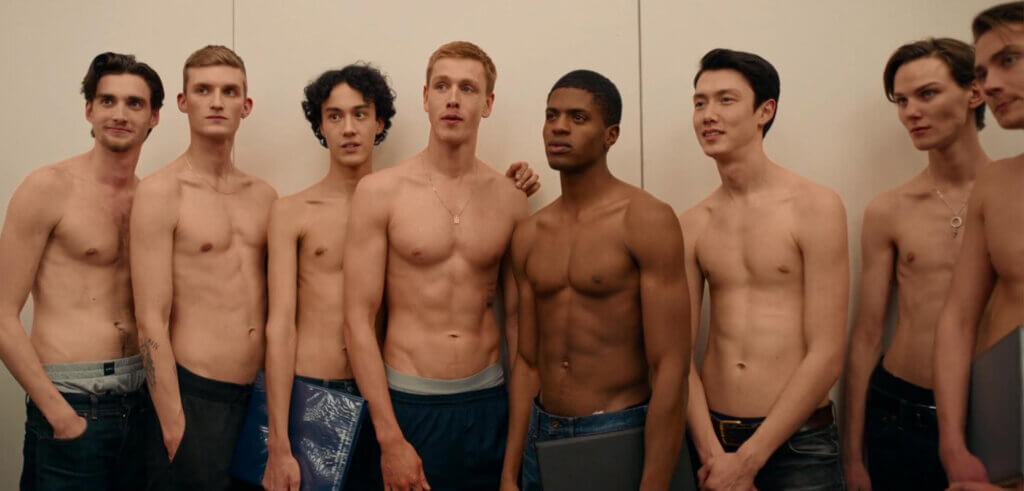Why Many Thought ‘Triangle of Sadness’ Should Have Won the Oscar for Best Picture
And indeed, the extended sequence of vomiting and sewage exploitation is widely lauded. However, one cannot help but question whether Ruben Östlund’s film on satire and privilege truly deserved to triumph over Daniel Kwan and Daniel Scheinert’s Everything Everywhere All at Once. Comparing the films, their narratives, aesthetics, and pondering what should have transpired seems somewhat irrelevant. Nevertheless, these two films diverge so greatly from each other that they almost synchronously reveal the extremes of the same reality.
Triangle of Sadness premiered at Cannes last May, securing the Palme d’Or for Best Film, while Everything Everywhere made its debut at the SXSW Film Festival, garnering immediate support with its cast that signifies the renaissance of Asian-American representation. Östlund’s film, in contrast, revolves around the super-rich, a familiar archetype: heteronormative, white, eccentric, and oblivious. Triangle of Sadness sets the tone of banality and absurdity through a scene at a restaurant, where model Carl and influencer Yaya debate who has spent more on their dates, thereby establishing a narrative true to our time—a story that delves into late capitalism, building relationships atop foundations rooted in money and greed. And that’s just the beginning.

The majority of the film unfolds aboard a luxurious cruise ship, where Carl and Yaya mingle with the super-rich. The two-hour-plus movie abounds with characters and situations that epitomize the paradoxes of wealth, or rather, the wretched mindset of the super-rich and their inability to see beyond their comfortable realities. Pettiness and satire are at the forefront. While the screenplay alone delivers hilarity and catharsis by allowing us to openly and collectively laugh at the super-rich, there are other elements contributing to the film’s success, most notably the shifting of settings and roles, accompanied by an unforeseeable twist in power dynamics.
Yet, should the zenith of overexposing what we already know—the parody of archaic power dynamics—be lauded at the Oscars? This is not to say that The Academy Awards possess superior judgment in what deserves recognition.
To the surprise of many, the coveted Best Picture award went to a tale of immigrant fables and multiverse-crossing—a narrative infused with themes of kindness, gratitude, spirituality, and intergenerational interconnectedness. This film, Everything Everywhere, triumphed with seven accolades last night. One of the reasons behind its victory lies in its cultural and aesthetic revelation, as it presents a non-profitable story—one that revolves around sensitivities and kinship, epiphanies that touch everyone’s lives, including average individuals and dysfunctional families. It showcases idiosyncrasies and inexplicable journeys as well.
Everything Everywhere eschews the excessive focus on macabre consumption or Instagram aesthetics seen in productions like Triangle of Sadness, White Lotus, or The Menu, which all aim to depict the decadence of the super-rich and their petty, meaningless existence that ultimately leads to their own demise. The race between these two films feels like a delicate dance between introspection and external validation.



























